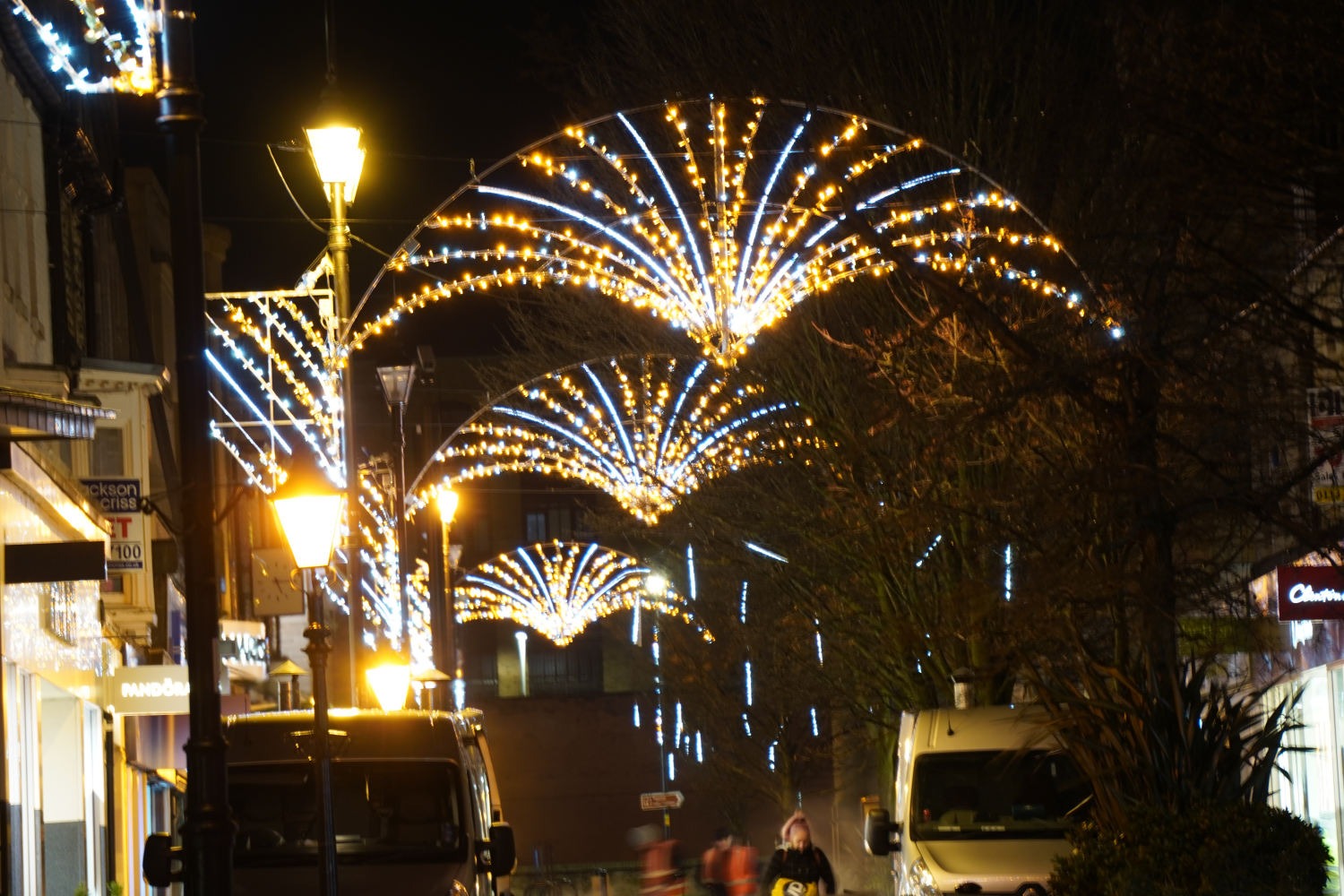The UK is a sovereign nation with a rich and varied history. Like other countries, we have important celebrations marked throughout the year, and there’s little more Brits enjoy than an excuse for a party! Some of these cultural occasions are officially marked as a bank holidays, meaning it’s a national public holiday when businesses and financial institutions aren’t trading. Many people get these days as paid leave so they can celebrate. Other days aren’t designated by the government but remain a significant part of the British calendar.
Ever wondered which days we value most? Read on to find out whether you’re embracing the most celebrated days in the UK.
Christmas Day
This one will be no surprise and at the top of many people’s lists. It’s a time of warmth, excitement and beautiful decorations around the country, from streets to living rooms. It’s also when Brits tend to go all out with their spending: the average spend per person at Christmas varies between around £1,000 to £2,000. With festivities including feasts and the giving of gifts to friends and family, 25 December is an indulgent and much-anticipated date.
Boxing Day
The day after Christmas Day, 26 December is a British tradition which has been exported to areas of the Commonwealth, like Australia and Canada. With origins in the 1800s, servants got the day off to go home and share boxed-up gifts from their employers. The poor would be given support from local communities with money collected in boxes throughout the year.
These days, it’s mainly a day of discount shopping and relaxing after celebrations. Most households have recipes for using up Christmas leftovers and look forward to these as part of the holiday.
Birthdays
The UK public loves to celebrate birthdays. What could be more important than marking another year spent with loved ones?
We love to shower the people special to us with gifts and thoughtful birthday cards so they know how much we appreciate them.
Easter
A religious occasion on Easter Sunday for many, it’s also got modern connotations. Widely regarded as a fun celebration mainly for children, families the nation over enjoy arts and crafts, egg hunts and spring decorations.
This specific date changes each year to coincide with the first Sunday after the first full moon in spring. No matter exactly when, chocolate is always synonymous with this celebration!
Guy Fawkes Night
Also known as Bonfire Night, this is a very uniquely British festival. Steeped in historical references, 5 November commemorates the events of the Gunpowder Plot which took place in 1605. This was a failed attempt to blow up the Houses of Parliament.
Today, we mark the day with rhymes, bonfires, fireworks, and autumnal food. Many areas of the country also create a Guy Fawkes out of straw and leftover materials to put on the bonfire. The Yeomen of the Guards also searches the Houses of Parliament on this date every year as part of a ceremony to mark the occasion.







